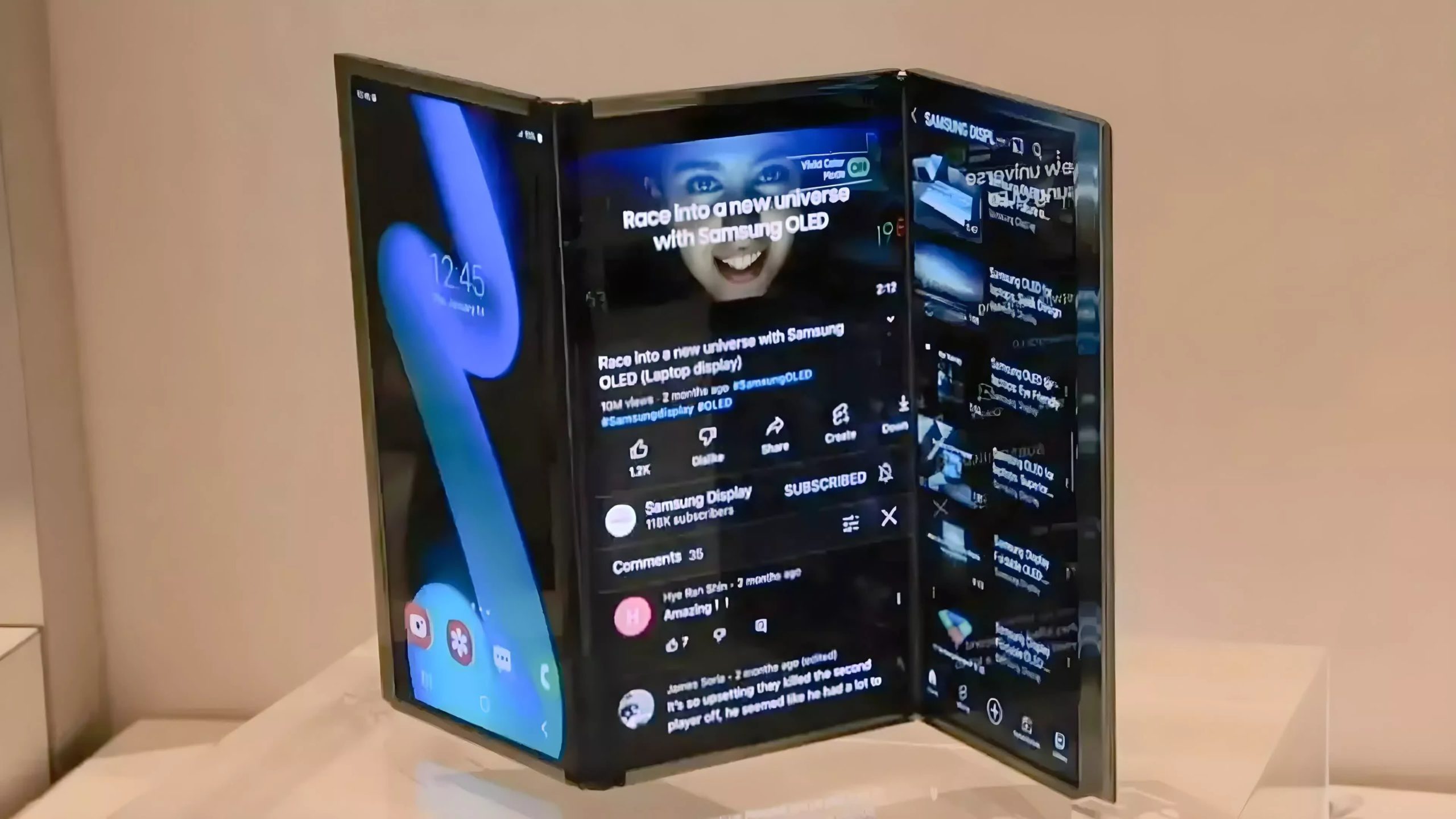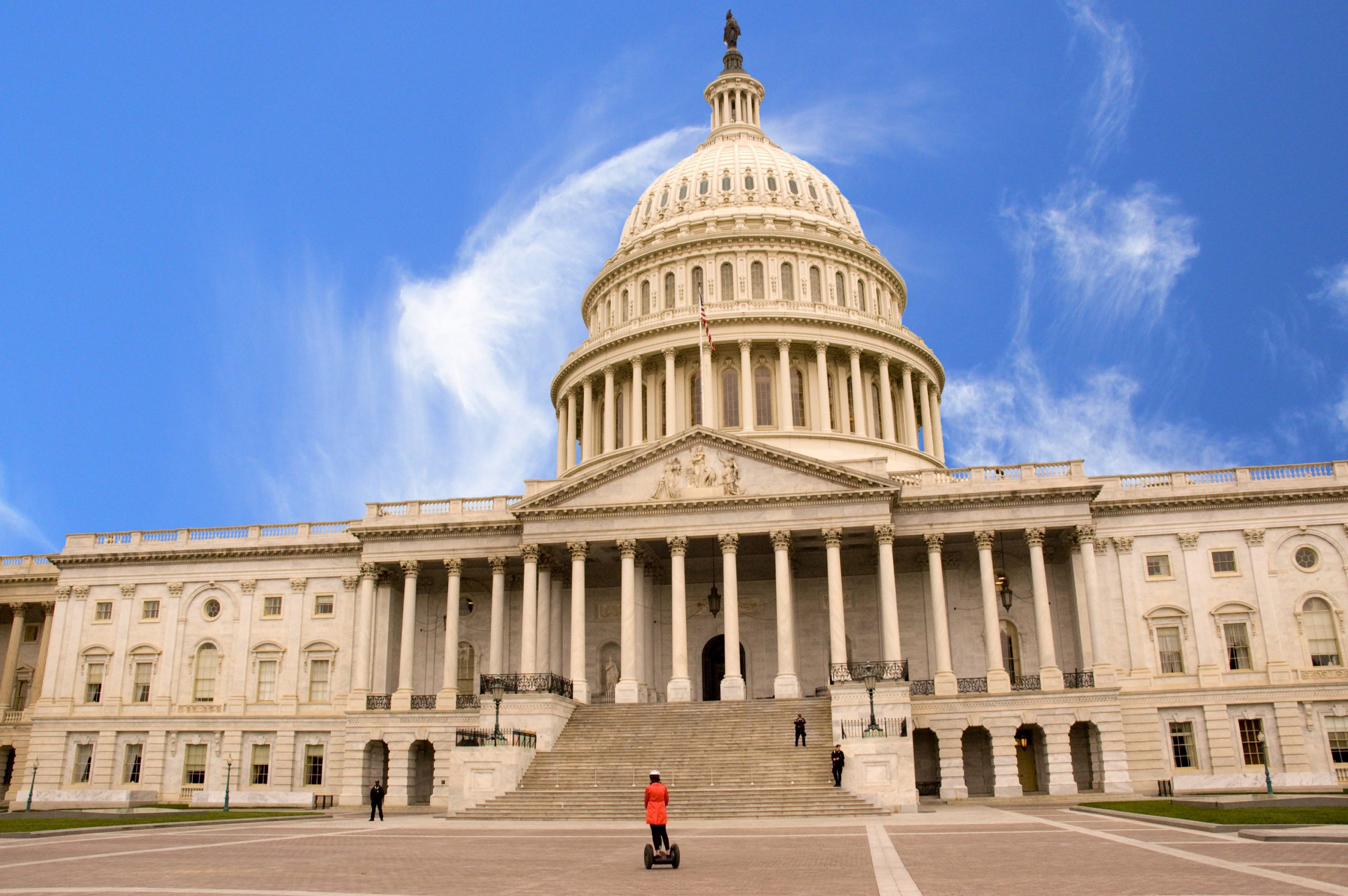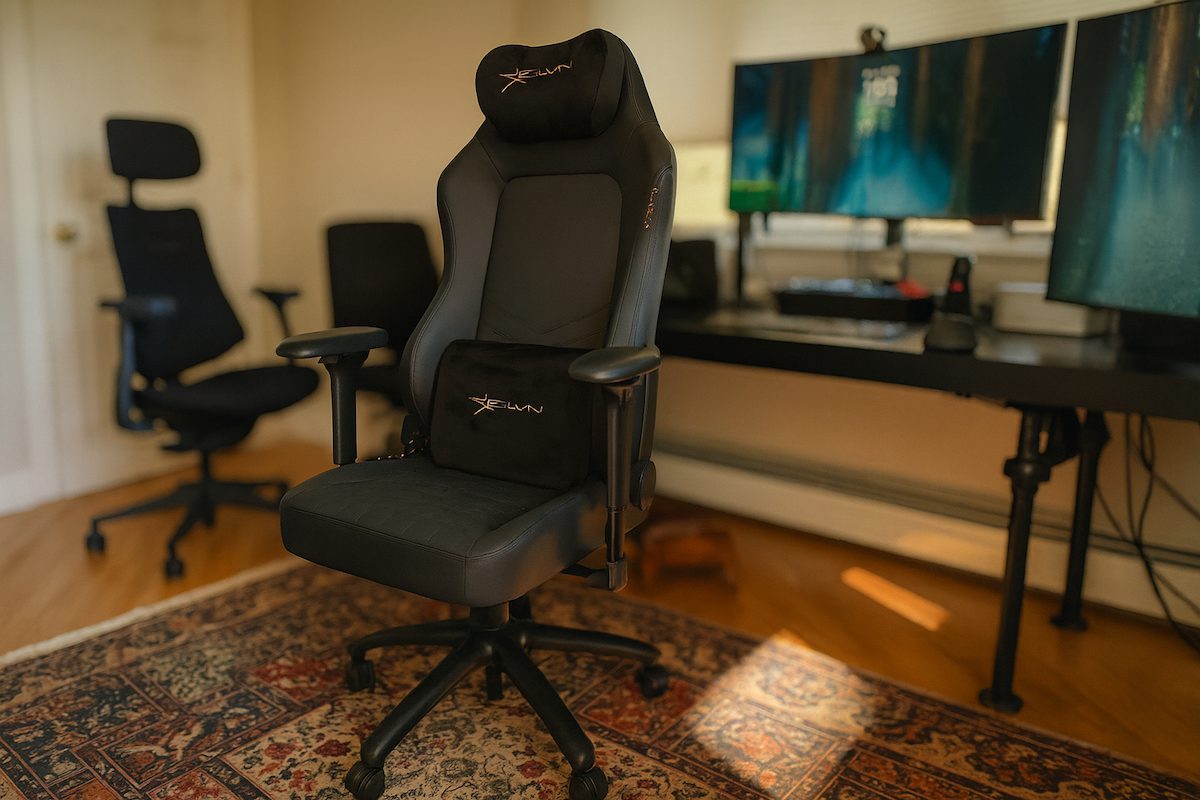Your smartphone’s security depends on companies you’ve never heard of, but Intel isn’t one of them. Yet President Trump just threw the semiconductor giant’s leadership into chaos with a single Truth Social post demanding CEO Lip-Bu Tan’s immediate resignation over his reported Chinese business connections.
Political Theater Meets Corporate Reality
“The CEO of INTEL is highly CONFLICTED and must resign, immediately. There is no other solution to this problem,” Trump declared August 7th, following Senator Tom Cotton’s pointed questions about Tan’s investment history. The Republican senator wants to know whether Intel’s board required Tan to divest from Chinese firms and whether they knew about export control violations at his former company, Cadence Design Systems.
Here’s where it gets messy: Tan’s venture capital firm Walden invested over $200 million in Chinese semiconductor companies. While perfectly legal, these investments now look problematic under current U.S. Treasury restrictions on Chinese Military-Industrial Complex dealings. Nobody’s proven violations yet, but the optics are toxic during America’s tech cold war with Beijing.
Intel‘s stock dropped 5% in premarket trading—because apparently investors prefer their CEOs without geopolitical baggage. This comes at the worst possible time for the chip giant, which was already bleeding money and desperately needs Tan’s turnaround expertise.
The Bigger Picture Beyond Politics
Strip away the political theater, and you’ll find a fundamental question: Can global business leaders navigate between superpowers without becoming casualties? Tan represents the old guard—executives who built careers bridging American innovation with Asian manufacturing. That worldview now feels as outdated as floppy disks.
Key controversy points:
- $200M+ investments in Chinese semiconductor firms through Walden
- Export control case involving restricted sales to Chinese military-linked university
- Questions about required divestment from Chinese entities
- Intel’s role in U.S. Secure Enclave defense program
- Timing coincides with Intel’s massive restructuring and layoffs
Intel responded with boilerplate about national security commitment, but actions matter more than press releases. The company needs stability, not boardroom drama that makes Netflix executive shuffles look boring.
This controversy signals something larger: the era of apolitical tech leadership is dead. Every investment decision, every partnership, every hire now gets scrutinized through national security lenses. Welcome to business in the age of great power competition—where your resume becomes your liability.






























